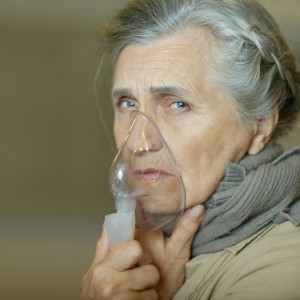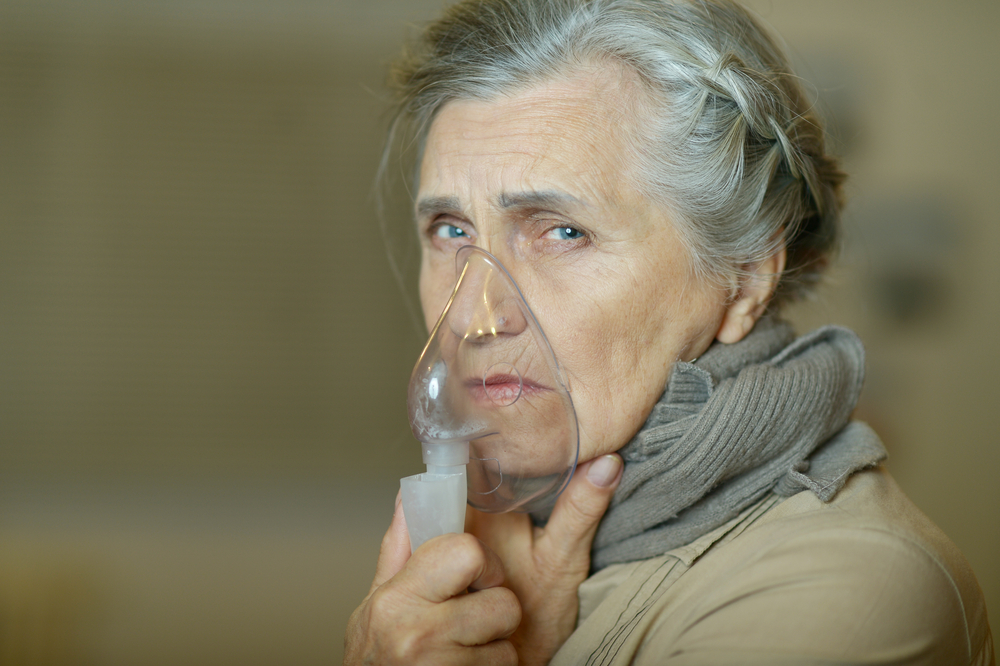 Asthma is a chronic inflammatory disease often considered a childhood health condition but that can, in fact, affect older people. However, very little is known about what triggers asthma in senior individuals.
Asthma is a chronic inflammatory disease often considered a childhood health condition but that can, in fact, affect older people. However, very little is known about what triggers asthma in senior individuals.
Barbara Polivka from the University of Louisville School of Nursing (UofL) is leading an interdisciplinary research team to understand the environmental and personal influences of asthma in older adults, thanks to a $2.3 million National Institute on Aging grant.
Ms. Polivka said in a press release: “Asthma is a complicated health problem as it’s considered a collection of various characteristics verses a single disease. The study is novel because until now there has been no comprehensive measurement of the many biophysical factors and environmental exposures that impact asthma control and quality of life in older adults.”
The researchers expect to enroll 190 people suffering with asthma aged between 60 and older. Participants need to have no other lung diseases and be non-smokers. The researchers will gather information concerning the patient’s demographics, occupational exposures, health history, age at the time of asthma onset and its duration, tobacco use, medication profile, individual knowledge level related to asthma and other diseases. Skin-allergy tests, blood-work and pulmonary function tests will be included in the data collection process for each one of the participants.
[adrotate group=”11″]
Volatile organic compounds (VOCs) common in cleaning products, polishes, room fresheners, solvents, carpets, paints and floor adhesives are known for being causes of asthma in children. During this 5-year study, researchers assessed compounds associated with higher risks of asthma. Those suffering with asthma experience frequent exacerbations after being exposed to smoke, dust, fumes, animals, fungi and plants.
“As the population ages and the number of older adults with asthma in the United States increases to an estimated 4 million by 2030, the information from this study can be used to develop and test patient-centered interventions to help seniors with asthma better manage their symptoms, reduce trips to the emergency room and improve their overall well-being,” Polivka concluded.
Those enrolling the study can receive up to $200 in test results, asthma trigger control supplies and gift cards.
For more information: 502-852-2273 or asthma@louisville.edu.

